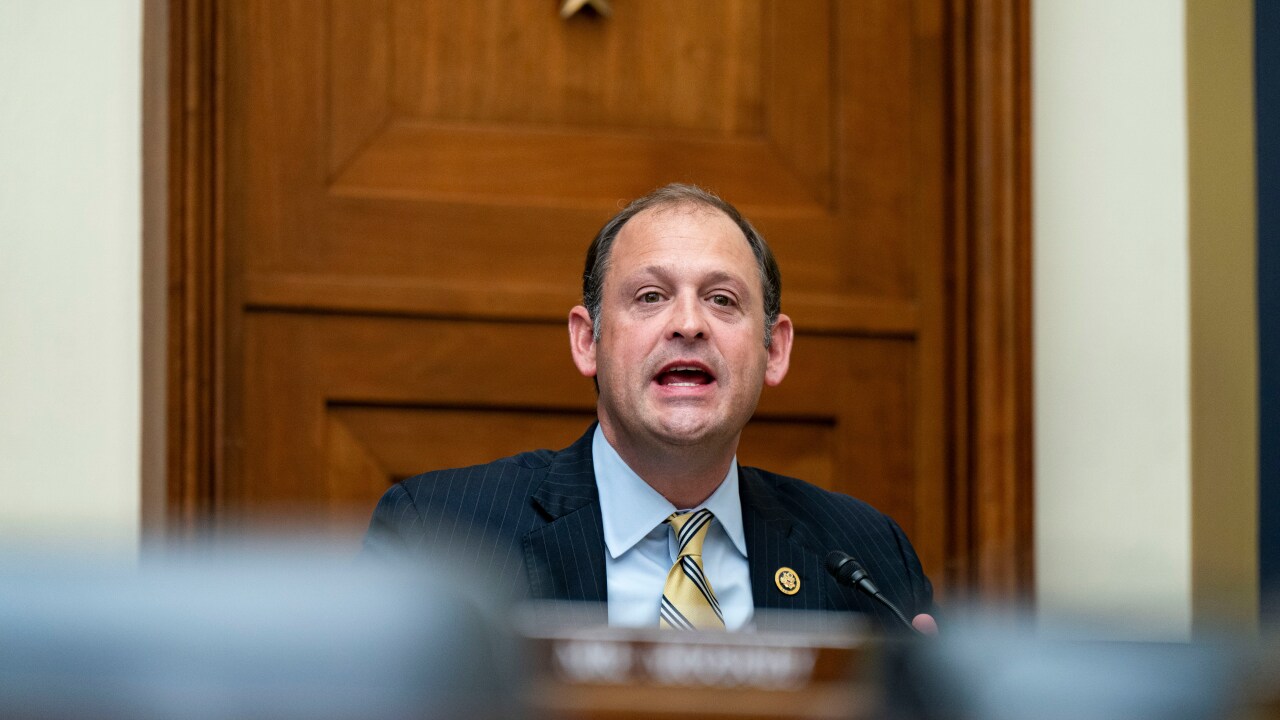Connecticut this summer became the first state to launch a
Its officials want it to go national.
“Programs like baby bonds just don’t happen by accident,” state Treasurer Shawn Wooden said outside the U.S. Capitol last week. “This achievement followed decades of research by leaders in academia and the willingness to act by both advocates and elected officials.”
Wooden and members of the state’s congressional delegation are pushing for enactment of the

The federal bill would seed a national savings account of $1,000 at birth for children born into poverty, with additional deposits of up to $2,000 each year, depending on household income.
The funds would sit in an interest-bearing account, accessible by account holders at age 18 for allowable uses such as buying a home, paying for educational expenses or starting a business.
Connecticut modeled its CT Baby Bonds program, enacted on July 1, after the federal bill.
New York last month became the first major city to launch baby bonds. Its initiative is a citywide expansion of the
Starting this school year, every kindergartener enrolled in a public school will have access to a scholarship account, with $100 invested toward their future education and up to $200 in rewards.
Wooden called his state “ground zero for wealth and income inequality.”
The state’s program authorizes $50 million per year for 12 years, or $600 million.
“States like Connecticut have led the way in implementing their version,” Booker said.
Enacted July 1, it will create a trust for children born into poverty whose births the state’s Medicaid program covers.
In the year of their birth, funds will be set aside in a trust.
When a beneficiary is between ages 18 and 30 and completes a financial education requirement, the funds are available for targeted eligible purposes that include educational expenses, the purchase of a home in Connecticut, investing in an in-state business and contributing towards retirement savings.
“As a long-term investor, I naturally think in 10 to 20-year increments and, without question, baby bonds is an investment in Connecticut’s future and would also be an investment in our nation’s future,” Wooden said.
COVID-19, he added, has further exposed wealth and income gaps nationally, particularly among minority communities.
Advocates cited 2019 reports by Columbia University and
New Jersey lawmakers eliminated Gov. Phil Murphy's baby bond proposal from the budget. It would have provided $1,000 to each child born into a family whose earnings were below the poverty line.





